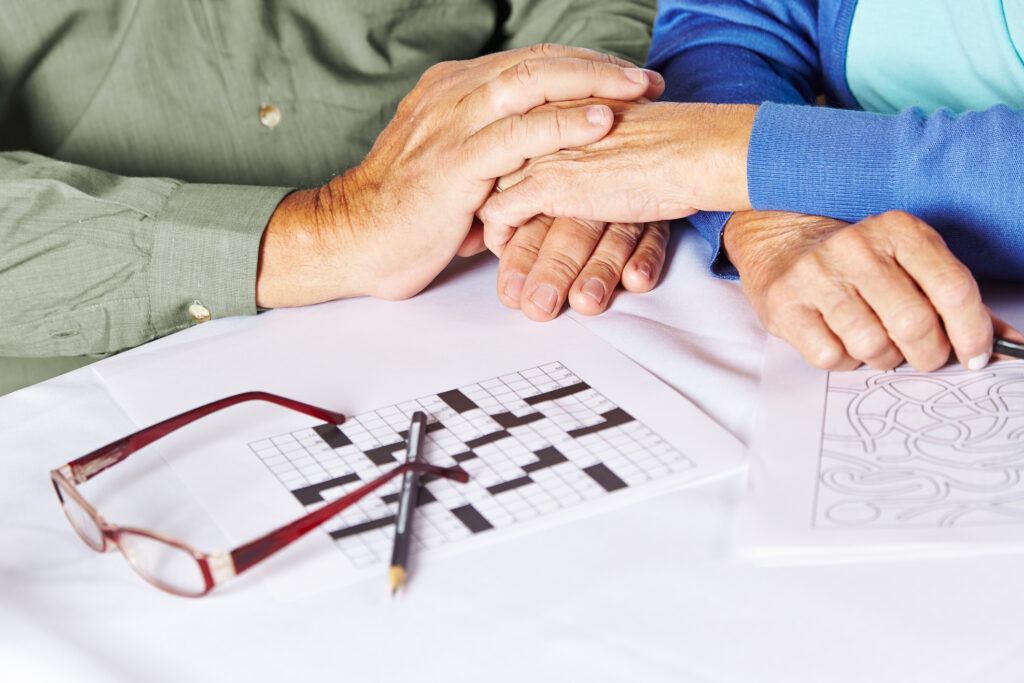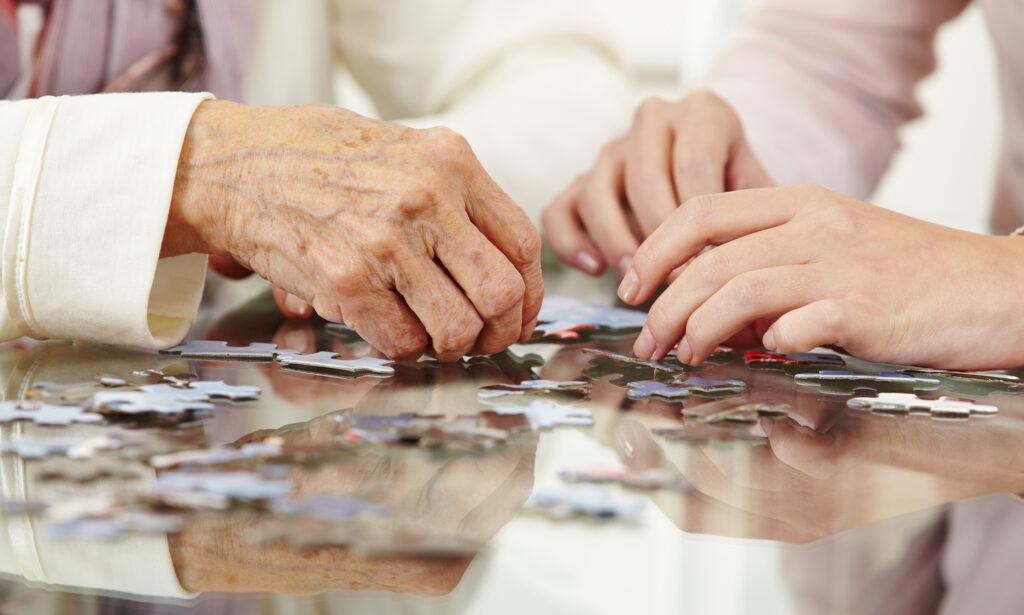What Causes Hallucinations in Elderly? As we age, our bodies change. One of these changes is that our brains process information differently than they did when we were younger. This can sometimes lead to elderly people experiencing hallucinations. While this may be a cause for concern, it’s important to remember that not all hallucinations show a serious problem.
In fact, many senior citizens with no underlying health issues will experience occasional visual or auditory hallucinations. Here, we’ll show some of the most common causes of hallucinations in the elderly population. Hopefully, this will provide some clarity and peace of mind for anyone who experiences this phenomenon. What Causes Hallucinations in Elderly read on and see if you can help.

What Causes Hallucinations in Elderly?
What Causes Hallucinations in Elderly? Many family members might even question the very validity of complaints from older relatives about such things, and if it’s happening, then an appointment with your doctor should always get scheduled because these hallucinations could show something serious!
Doctors usually try eliminating psychiatric disorders before doing anything else in order not to have patients experience unnecessary pain or distress while we figure out what is going on; there are many causes including depression/bipolar disorder & schizophrenia among others
What Causes Hallucinations in Elderly? Hallucinations are common among the elderly and others. Some causes include, but aren’t limited to, these:
- Brain cancer
- Charles Bonnet syndrome
- Dehydration
- Dementia or Alzheimer’s Disease
- Drug/Alcohol abuse
- Epilepsy
- Kidney or liver failure
- Sleep deprivation
- Hearing or vision loss
- Medication side effects
- Hallucination Symptoms

Symptoms to Watch Out For
Hallucinations can be difficult to notice, but it is possible with some care. If you think someone might have a hallucination, we recommend examining their behavior for clues and looking out for any symptoms, such:
- Anxiety
- Delusions and confusion
- Difficulty speaking
- Drastic changes in mood or behavior
- A heightened sense of overall awareness
- Insomnia
- Less sense of judgment
- Talking to people or things not presently there
- Withdrawal
Those with Charles Bonnet syndrome might suffer fewer hallucinations if their environment is brighter. Also, anti-depressants and anxiety medication can help to reduce the severity of this condition’s symptoms by calming you down mentally before bedtime, for example!

Ways To Respond When Your Elderly Relative Is Suffering Dementia Hallucinations
- Is Response Even Necessary – If you think that your loved one’s hallucinations are causing them distress, then it may be best to address the issue. Hallucinations can range from being very mild and infrequent all the way up into severe episodes where they’re constantly hearing voices or believing things that don’t exist such as aliens visiting their home town in disguise of some sort; so knowing how much this affects people will help determine what kind should approach when handling these types situations!
- Remain Calm – When someone has a dementia hallucination, it’s hard to know what the right thing to do is. Do you argue with them or not? If your answer is yes, then listen closely because this might just help stop any arguments from happening in future! It’s important that we offer reassurance and validation of their feelings- even if they are imaginary ones (which probably most likely aren’t).
- Remove Potential Triggers – many things can trigger Hallucinations in the environment, such as visual stimulation and background noises. Anything from TV screens to entertainment devices may make them think strangers are around when there isn’t anyone else present. Bright lights inside a house might also trigger fear from dark corners because it suggests something could happen without your awareness – possibly an attack! Try removing these triggering factors if you notice any strange behavior changing sides of yourself during conversations with loved ones who hallucinations.
- Distracting your senior – from any hallucinations will make it easier for you both to focus on something that they like doing and keep their attention span engaged. If this sounds impossible, try getting them involved in a chore or Have fun activities with family photos where he/she can see himself as part of the picture- these types if things may be more appealing than singing alone at home by yourself!
What does it mean when an elderly person starts hallucinating?
Hallucinations are not uncommon in people with dementia. The hallucinations can be triggered by things going on around your older adult, like background noise or visual stimulation that might cause a problem for them mentally; so it’s important you check their environment to see if either of these factors could trigger this kind of behavior!
Is it common for elderly to hallucinate?
Hallucinations, though common in youth and younger adults, are not the preserve of these age groups. Accumulating evidence shows that hallucinatory experiences are also present at surprisingly high rates in healthy older adults in the general community.
More Quality Of Life Articles Here
- Yes You Should a 70 year old ride a bike
- The Best Walkers With Wheels for Better Mobility
- In Home Physical Therapy For Seniors And Why, it’s Important
Conclusion
Although hallucinations are most commonly seen in the elderly, they can occur at any age. If you or a loved one are experiencing hallucinations, it’s important to seek help from a healthcare professional. There are many causes of hallucinations, and treatment will vary depending on the underlying cause. However, there are some things that you can do to help manage hallucinations and make life easier for those who experience them. Leave a comment below if you have questions or would like more information about dealing with hallucinations in the elderly.

